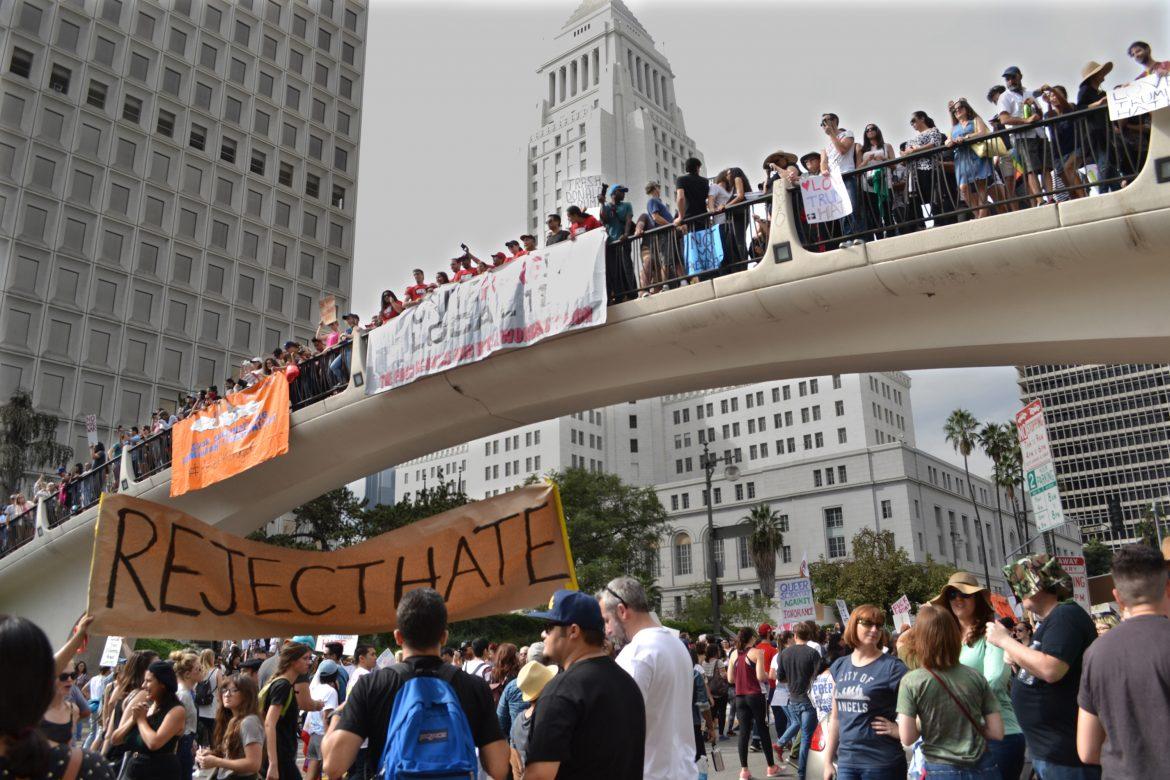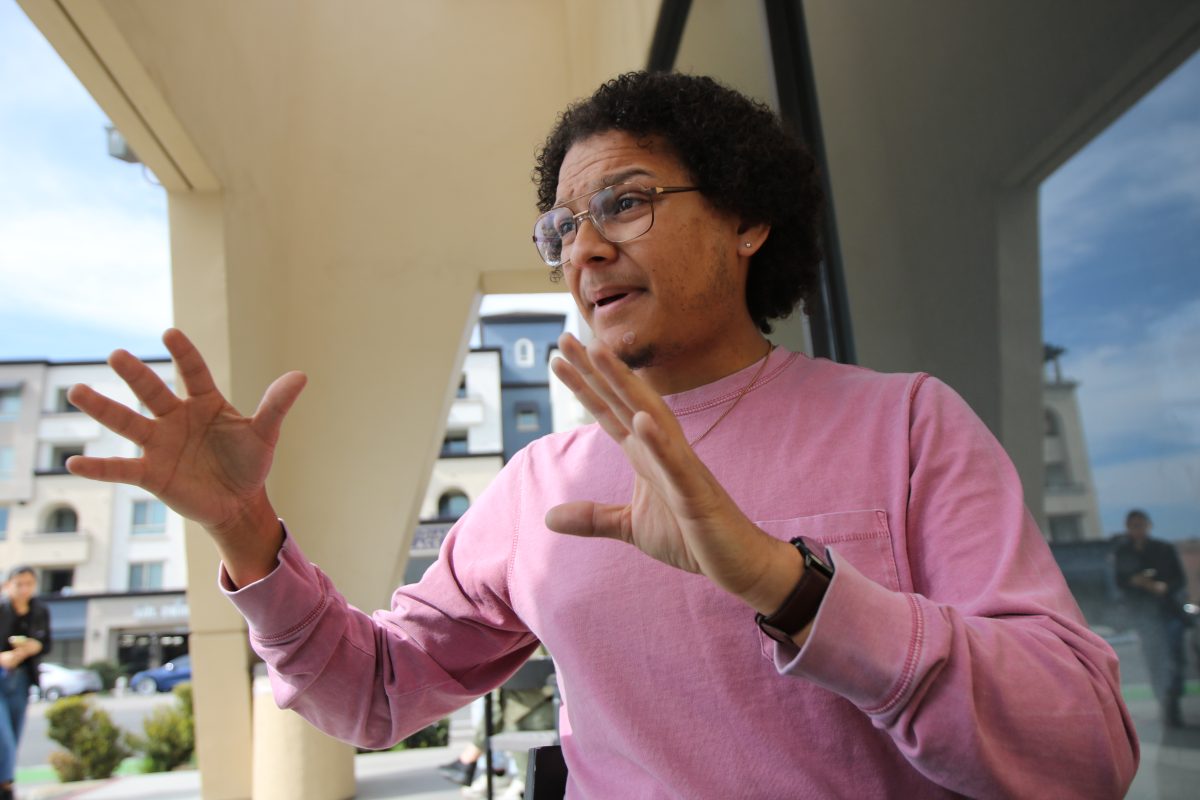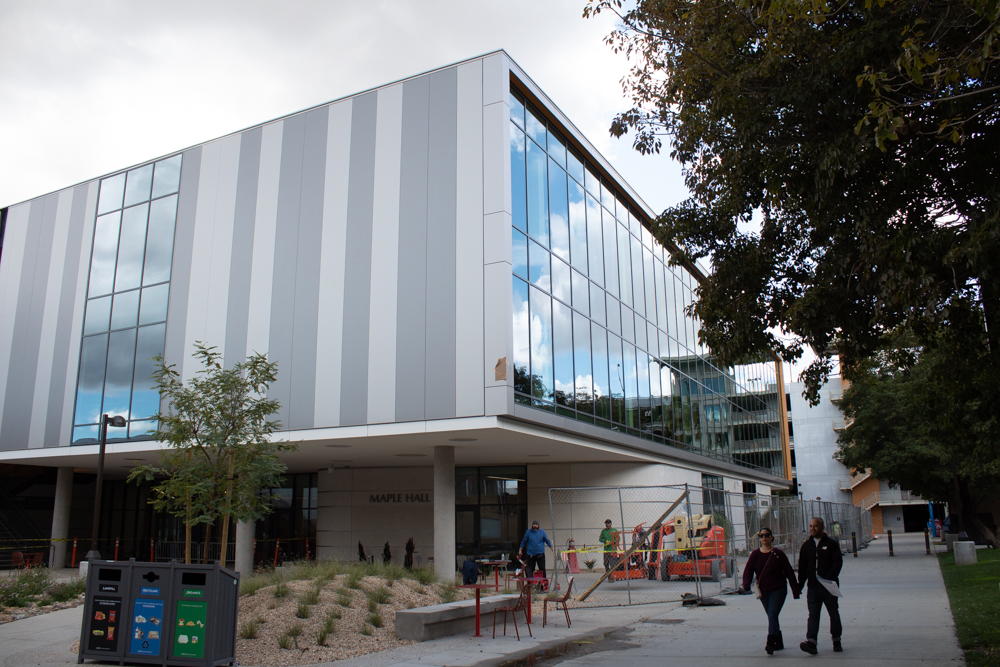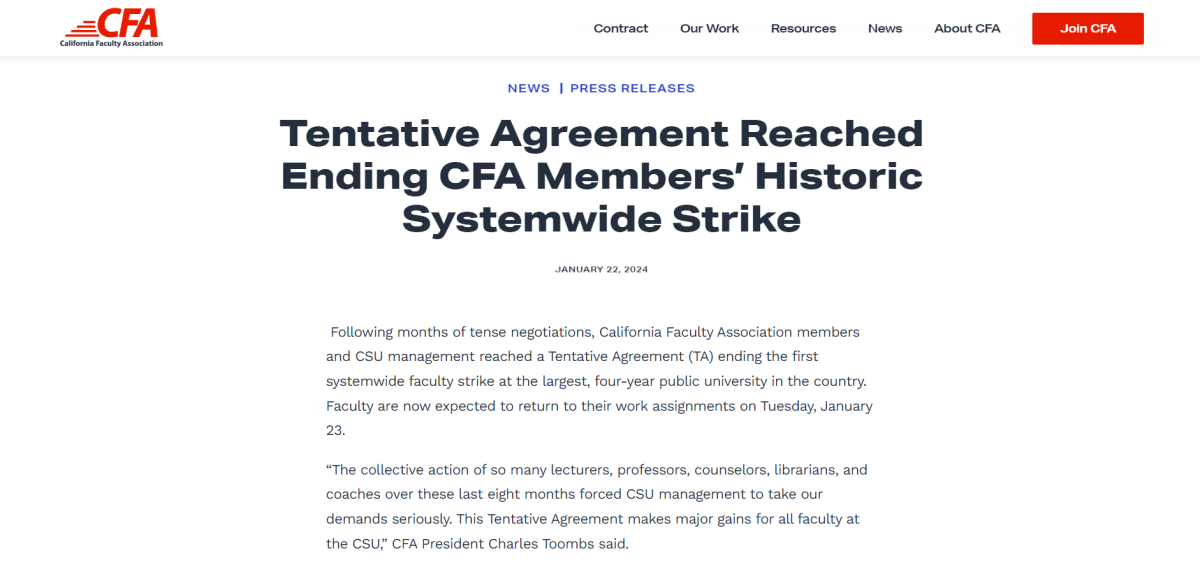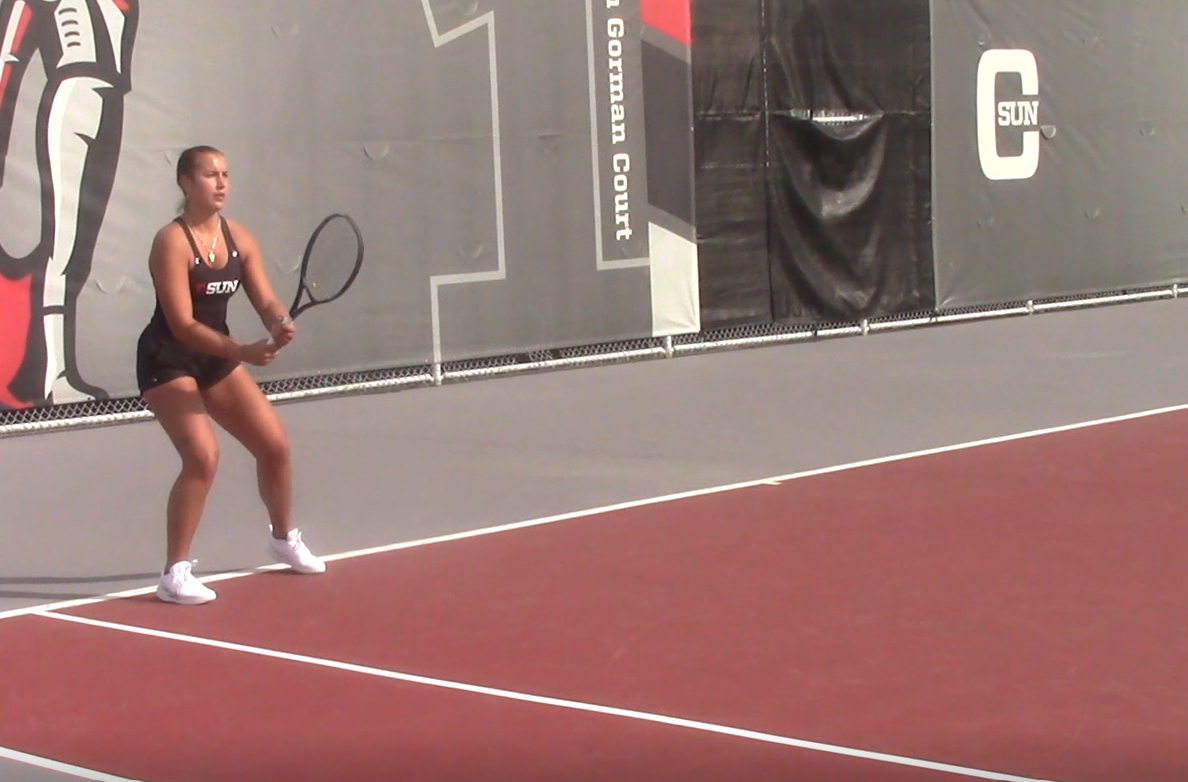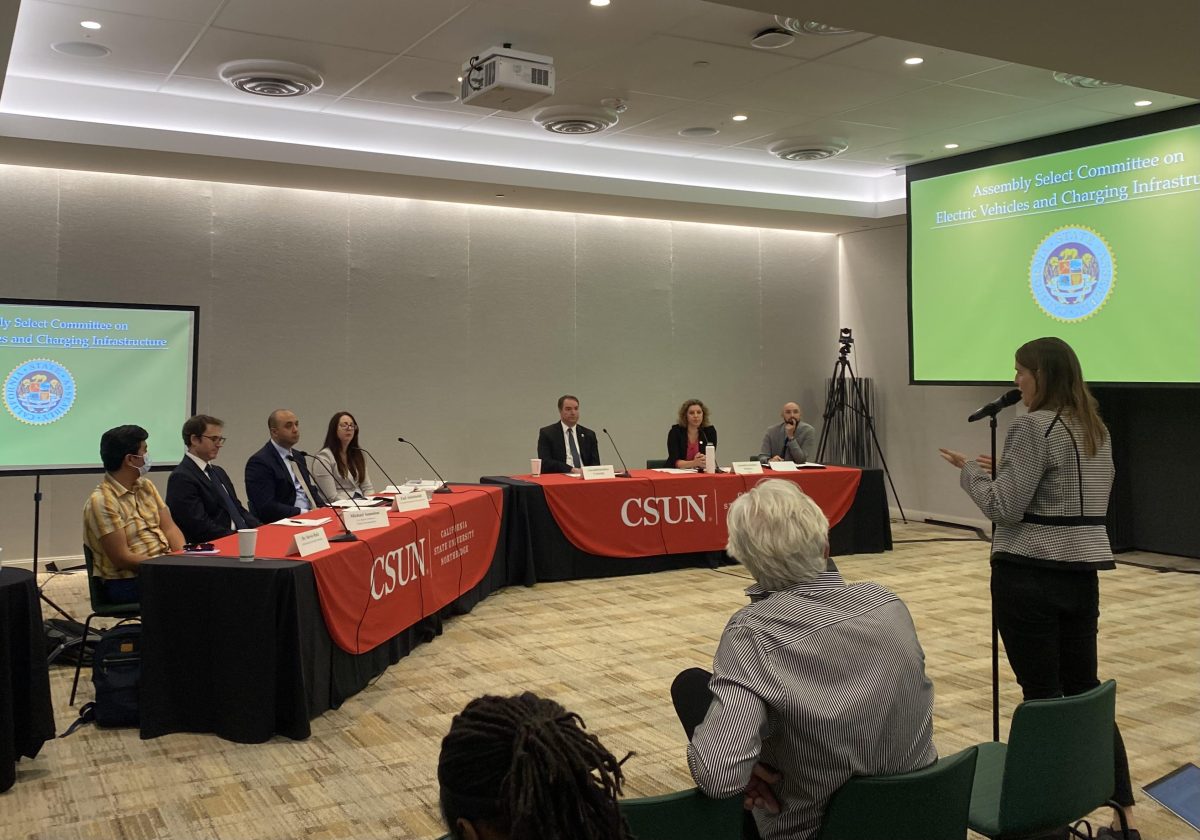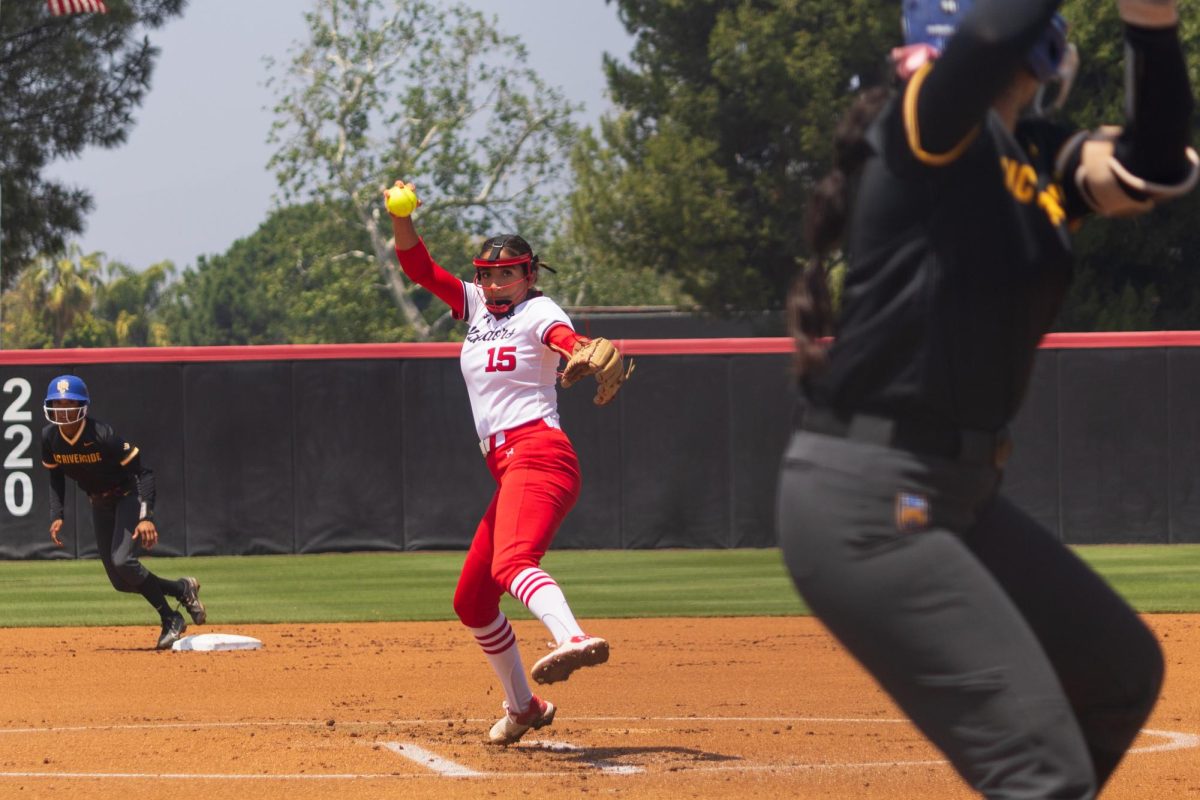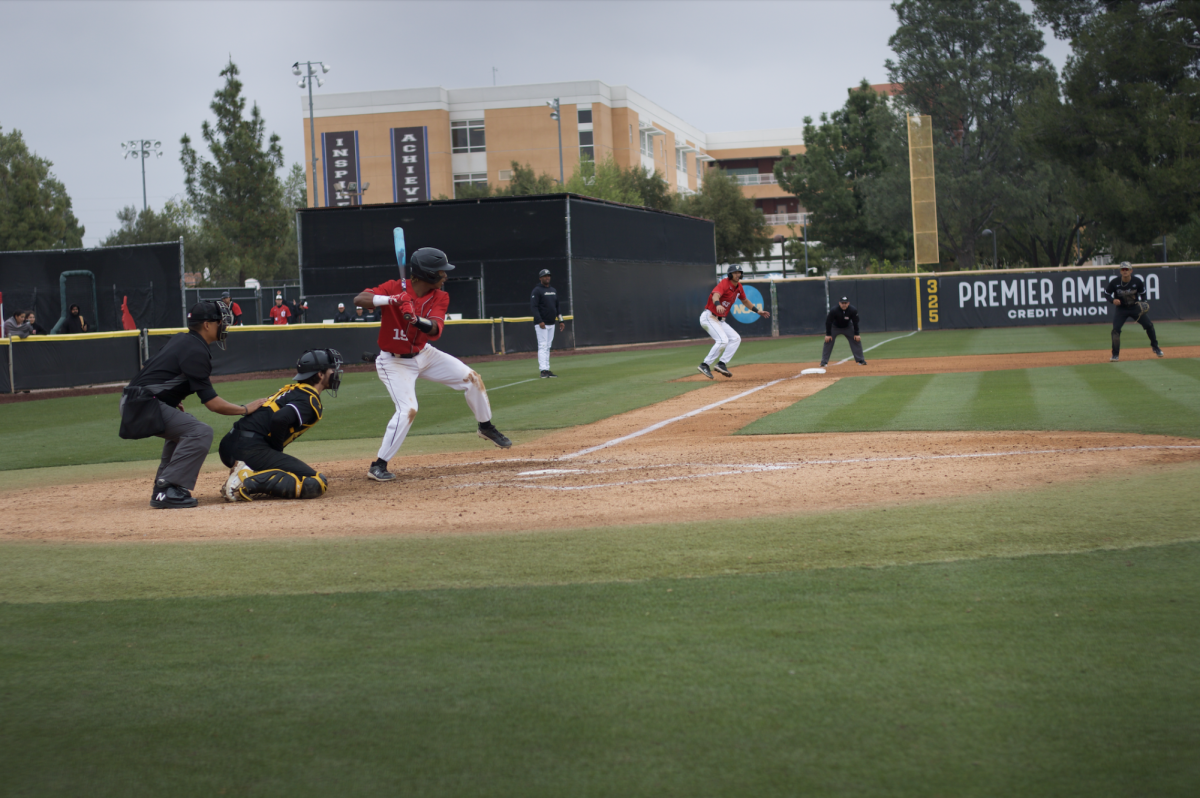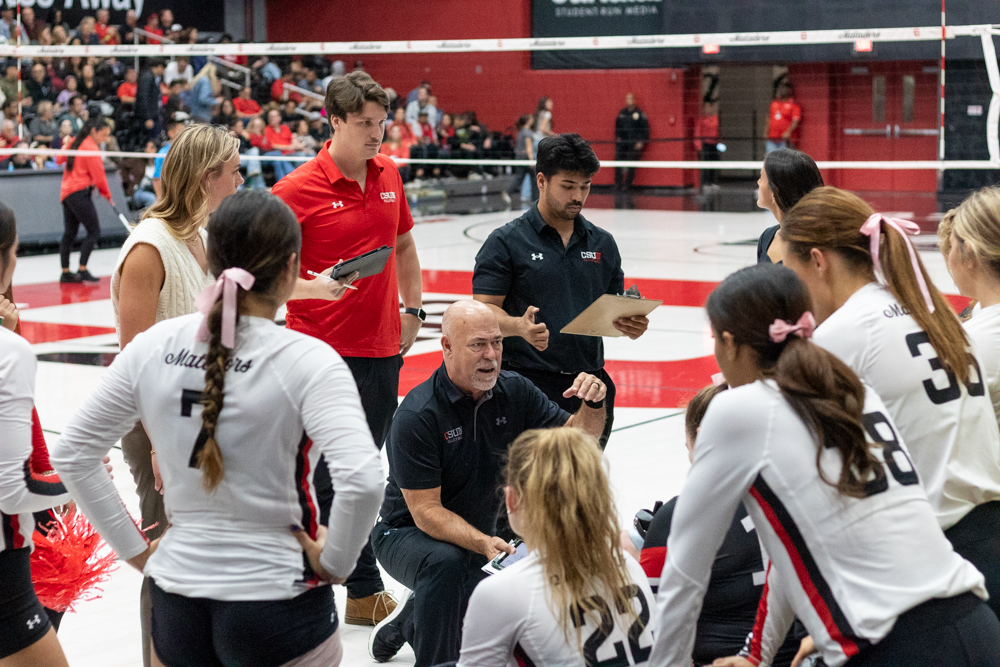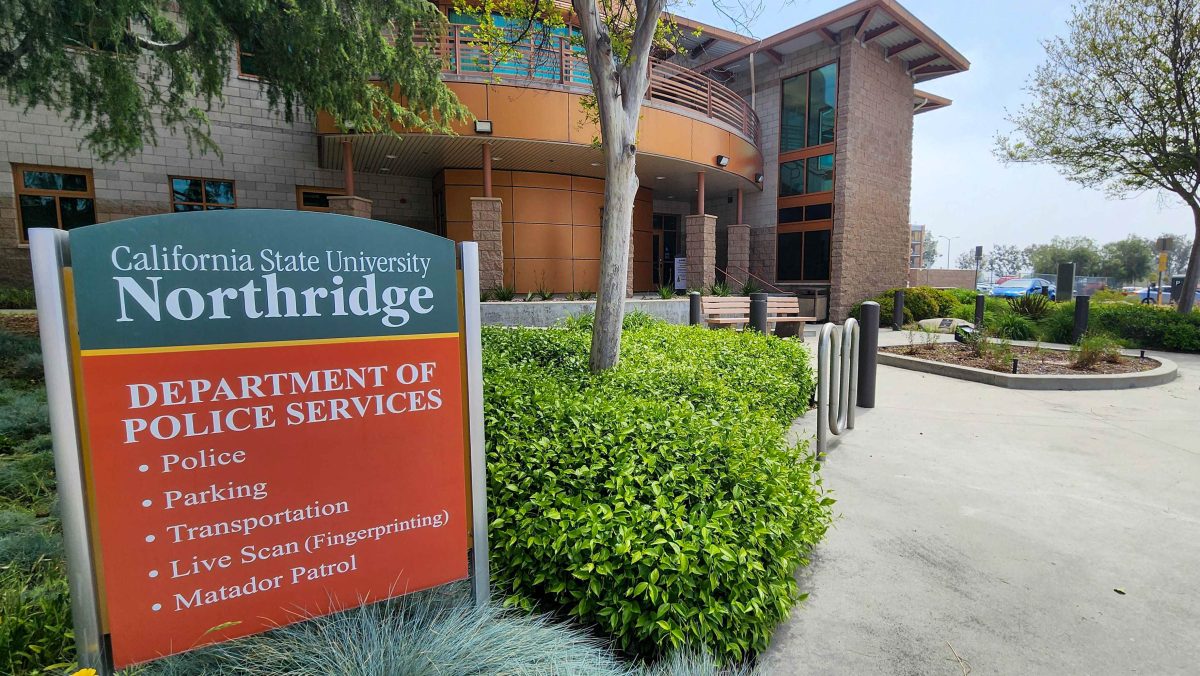Donald Trump’s election victory has prompted some students to deny the results, but this has pushed others to call out their peers for their course of action.
“I believe that there are some that have truly grasped what has happened and others that mainly shrugged it off with the idea that ‘oh, it’s no big deal’ or ‘he can’t so anything anyway, so who cares,'” Chris Grigoryan, a 21-year-old political science major said
He argued that millennials did not take the election seriously and said his friend wrote in the cartoon character Spongebob Squarepants as a candidate.
“Once critical issues begin to arise that specifically impact students, they’ll begin to get their heads together,” Grigoryan said.
Whether through social media or through protests, at CSUN and across the nation, Trump has a large disapproval rating among Americans at 46 percent according to Politico.
Leeor Engelstein, a 28-year-old political science major, said voters lived in their own bubble and denied the scope of the “Trump train,” the strength of rural voters outside of cities. The Electoral College map after the election showed a large amount of red, counting most in states with several electoral votes to win.
“Clinton’s camp did not have an iota of doubt that she would win and now they are going through the five stages of grief,” Engelstein said. “I think for the most part people are now accepting of that fact. That being said many are still holding #NotMyPresident rallies and blaming the electoral college and falsely stating that it is unconstitutional.”
Engelstein said those who are protesting are in two categories: “Those who don’t understand how the system works, and those who just want to cause chaos.”
Similarly, international student Rasmus Friborg, a 26-year-old business major from Denmark, said Americans were in a bubble. He also stressed on the media influence and the hypocrisy in protesting the election results.
“It’s unbelievable,” Friborg said. “When you look at the media during the election, including the Danish media, it was very biased. I have a hard time believing [he is president] as well, but the thing I found stupid about the riots is that [they] are against a democratically elected president.”
Compared to the United States, Friborg said Denmark does not have a two party system and political parties work based on compromise. He said it was frustrating to hear protesters say something is wrong after they lost.
Although Trump has told supporters to stop committing acts of hate crimes in his name, nothing has been said by Clinton and Green Party candidate Jill Stein to cease the more violent protests against Trump’s victory.
Geoffrey Holmes, a 21-year-old political science major, said Stein’s recount efforts have strengthened that denial. With the recent recount efforts in certain states organized by Stein, the hopes of changing the result of the election have risen.
“Now she is launching recount efforts in states with margins so large it would be nearly impossible to flip,” Engelstein said.
Political science student Brigette Bahari, 25, senior, calls the denial of an oncoming Trump presidency as “out of sight, out of mind” and that protests will continue in January when Trump is inaugurated. She said the recount efforts were a distraction from what Americans were facing with the new administration.
“I had more than a few friends tell me them and their friends were depressed for the first two weeks after the election,” Bahari said. “Some were [voted for Gary] Johnson, some were [voting for] Stein. A few were [voting for] Clinton. Half felt depressed yet somehow happy that Clinton lost because corruption must lose, but not so happy because they all lost to Trump.”
She said this depression was linked to entitlement, where voters, protesters, and students felt that they must have their voices be heard, feeling outraged and offended that the “government is not an all-knowing, mind reading genie.”
Students at CSUN have prepared themselves in case Trump makes his immigration campaign promises a reality, but there is a sentiment that protesting for other reasons are nothing but denial.
“CSUN definitely hasn’t [accepted the Trump presidency as a reality] with the walkouts and protests,” Holmes said. “They still have it in their mind that they can change what happened.”
CSUN provided information on voting through its website and through Moodle, giving students the opportunity to register if they were not already. While many were aware, the disdain for the main candidates and reliance on other people’s votes contributed to the results, Engelstein said.
“No one will go out and vote for you because you’re too lazy and have ‘better things to do,'” Engelstein said. “Stop crying, grow up. This is what happens when everyone feels entitled and they will not actually go out and do anything.”
